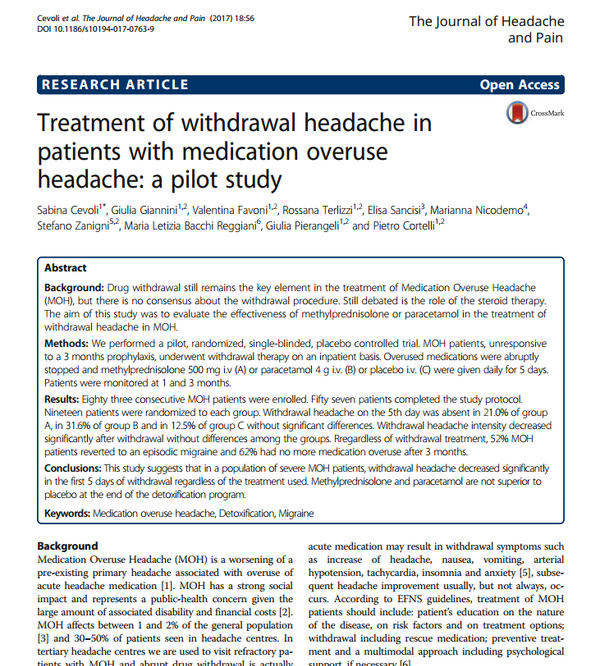HIV and the criminalisation of drug use among people who inject drugs: a systematic review
Background
Mounting evidence suggests that laws and policies prohibiting illegal drug use could have a central role in shaping health outcomes among people who inject drugs (PWID). To date, no systematic review has characterised the influence of laws and legal frameworks prohibiting drug use on HIV prevention and treatment.
Findings
We identified 106 eligible studies comprising 29 longitudinal, 49 cross-sectional, 22 qualitative, two mixed methods, four mathematical modelling studies, and no randomised controlled trials. 120 criminalisation indicators were identified (range 1–3 per study) and 150 HIV indicators were identified (1–5 per study). The most common criminalisation indicators were incarceration (n=38) and street-level policing (n=39), while the most frequent HIV prevention and treatment indicators were syringe sharing (n=35) and prevalence of HIV infection among PWID (n=28). Among the 106 studies included in this review, 85 (80%) suggested that drug criminalisation has a negative effect on HIV prevention and treatment, 10 (9%) suggested no association, five (5%) suggested a beneficial effect, one (1%) suggested both beneficial and negative effects, and five (5%) suggested both null and negative effects.
Interpretation
These data confirm that criminalisation of drug use has a negative effect on HIV prevention and treatment. Our results provide an objective evidence base to support numerous international policy initiatives to reform legal and policy frameworks criminalising drug use.
Read the full study
Keep up-to-date with drug policy developments by subscribing to the IDPC Monthly Alert.
Regions
Related Profiles
- The Lancet
